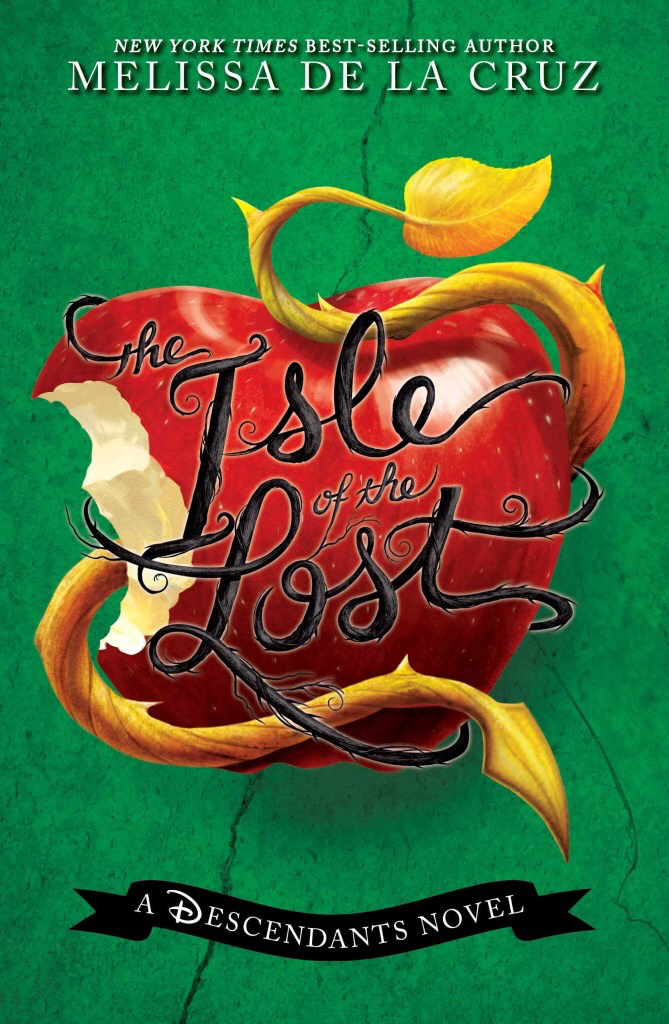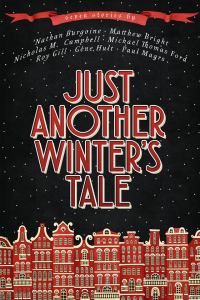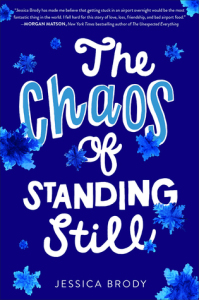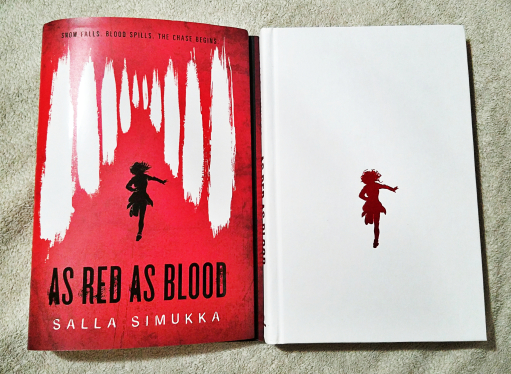Island Resistance
A Review of Melissa de la Cruz’ “The Isle of the Lost” (Disney Enterprises Inc, 2015)
By Derek Newman-Stille

Although The Isle of the Lost is part of Walt Disney Studios’ Descendants franchise, there are elements of the book that allow for a counter-hegemonic readings. De La Cruz highlights the potential dangers of a kingdom that pushes its particular brand of “good” on everyone and exiles anyone who is against the norm to an island prison.
The Descendants franchise focusses on the children of the Disney villains, particularly emphasizing characters Mal (daughter of Maleficent), Evie (daughter of the Evil Queen), Jay (son of Jafar), and Carlos (son of Cruella De Vil). In the franchise, the Beast from Beauty and the Beast has united all of the different Disney movie kingdoms into one united community and all of them have exiled their villains to an island called The Isle of the Lost, where not only are the villains imprisoned, but also their children. The Descendants film portrayed Ben, the son of Beauty and the Beast deciding that he wanted to allow Mal, Evie, Jay, and Carlos to come to the exclusive prep school for all of the royalty of the Disney films. They are separated from all of the other children on the island who are left there still and they are taken to Auradon Prep where they eventually decide to become good.
Melissa de la Cruz’ The Isle of the Lost is a prequel to the Descendants film portraying the lives of the characters on the Isle of the Lost before Ben brings them to Auradon. The novel features Mal, Evie, Jay, and Carlos trying to live up to their parents’ expectations, always feeling like failures in the eyes of their parents for not being able to live up to the evil destinies their parents want for them. The novel centralizes ideas of isolation in families, illustrating characters who feel so trapped in their destinies that they can’t connect with others. Even Ben is unable to escape from his destiny to be king, which has trapped him in a narrative that makes him believe that he needs to be exactly like his father, the Beast.
While Mal, Evie, Jay, and Carlos question their narrative of evil, they also critique the actions of the “good” community of Auradon, pointing out the issues with the control enforced from this mainland community. Auradon forces the residents of the island to watch propaganda as their only TV channel, constantly being bombarded with images of how good things are in Auradon and how terrible it is not to have the privileges of Auradon. The island only receives the garbage from Auradon to survive off of, living on the remains and waste of the mainland. This narrative allows for an Island Studies reading, portraying an island as a place dependent upon a mainland while also locked into a constant pattern of similitude. The mainland also exerts its power over the island as a dependent, pushing their narrative onto island culture. But the island also exerts its counter narrative, resisting mainland control and making its own narrative.
The island narrative is paralleled with the narrative of youth. Youth, like the Island of the Lost are portrayed as resisting the control of a larger power structure (in this case, their parents and ideas of destiny). The island is also codified as loneliness and the youth are portrayed as relating to each other through a shared loneliness, an isolation that comes from the notion that islands are lonely places. Characters and the island both resist hegemonic power imposed from without, resisting not just exertion of power, but also resisting the writing of a narrative over their own destiny.
Readers are given a glimpse into the power structures of the mainland when given flashes of Ben trying to rule and perpetuating the union-busting of his father (upon the former sidekick figures). Readers are able to see that “good” is controlled by a central authority that puts certain people with certain pasts into positions of power. Magic is strongly discouraged in Auradon, meaning that they have had to shift a lot of cultural expectations and their lifestyles.
The Isle of the Lost is a narrative of change and resistance, a counter-hegemonic voice for Disney’s far to easy binary of good/evil.
To discover more about Melissa de la Cruz, visit http://melissa-delacruz.com .
To find out more about The Isle of the Lost, visit http://books.disney.com/book/the-isle-of-the-lost/
Advertisements Share this:




